- 全部删除
 您的购物车当前为空
您的购物车当前为空
5-HT Receptor
(664)
AAK1
(9)
AChR
(461)
Adenosine Receptor
(133)
Adenylyl Cyclase
(9)
Adrenergic Receptor
(405)
BACE
(36)
Beta Amyloid
(117)
Beta-Secretase
(23)
CGRP Receptor
(26)
COX
(419)
CaMK
(50)
Cholinesterase (ChE)
(195)
Dopamine Receptor
(353)
FAAH
(43)
GABA Receptor
(271)
Gamma-secretase
(64)
GluR
(186)
Glutaminyl Cyclase
(7)
GlyT
(14)
Histamine Receptor
(265)
Huntingtin
(4)
Imidazoline Receptor
(13)
MAO
(108)
MT Receptor
(12)
Melanocortin Receptor
(45)
Monoamine Oxidase
(101)
NMDAR
(120)
NMU2R
(1)
Neurokinin receptor
(74)
Neuropeptide W
(1)
Neuropeptide Y Receptor
(56)
Norepinephrine
(54)
OLIG2
(1)
OX Receptor
(26)
Opioid Receptor
(188)
P-gp
(78)
P2X Receptor
(63)
P2Y Receptor
(43)
Serotonin Transporter
(54)
iGluR
(143)
Beta-Secretase
β分泌酶在人类中包括β分泌酶1和β分泌酶2。负责裂解淀粉样蛋白前体 (APP) 以生成可溶性胞外域 sAPPβ 及其 C 端片段 CTFβ。是阿尔茨海默病 (AD) 治疗的主要靶点。
Epiberberine
T5S23616873-09-2
Epiberberine 是一种从黄连中得到的生物碱,是AChE 和BChE 抑制剂,和非竞争性BACE1抑制剂。在 3T3-L1 细胞分化早期,它能够下调 Raf MEK1 2 ERK1 2 和 AMPKα Akt 信号通路。它具有抗氧化作用,能够清除 ONOO-,可用于阿尔滋海默症和糖尿病的研究。
- ¥ 315
规格
数量
Eslicarbazepine
T3285L104746-04-5
Eslicarbazepine (Stedesa) 是口服有效抗惊厥试剂,在局部癫痫的辅助研究中具有价值。
- ¥ 186
规格
数量
Scoulerine
TN21906451-73-6
Scoulerine 是抗有丝分裂化合物。它抑制细胞增殖,阻止细胞周期,并诱导癌细胞凋亡。它也是BACE1(淀粉样前体蛋白裂解酶 1) 的抑制剂。
- ¥ 455
规格
数量
Verubecestat
T70111286770-55-5
Verubecestat (MK-8931) 是一种高亲和力的、具有口服活性的BACE1和BACE2抑制剂,Ki 分别为 2.2 nM 和 0.38 nM。它可以有效降低 Aβ40,并具有潜力用于阿尔茨海默氏病。
- ¥ 192
规格
数量
Elenbecestat
T111751388651-30-6
Elenbecestat (E2609) 是一种高效、有口服活性的,能透过 CNS 的 BACE-1抑制剂,它有用于阿尔茨海默病 (AD) 的研究潜力。
- ¥ 567
规格
数量
Aloenin
T2S118138412-46-3
Aloenin (Aloenin A) A 是一种具有清除过氧自由基作用的天然产物,对 β-分泌酶 (BACE) 具有中等抑制活性。
- ¥ 538
规格
数量
LY2886721
T60581262036-50-9
LY2886721 是选择性的,口服活性的 β 位淀粉样蛋白前体蛋白裂解酶 1 抑制剂,对重组人 BACE1的 IC50=20.3 nM。它对 BACE1的选择性高于对组织蛋白酶 D、胃蛋白酶、肾素的选择性,但缺乏对 BACE2的选择性。它可透过血脑屏障,并可用于研究阿尔茨海默氏病。
- ¥ 170
规格
数量
Cassiaside
TN147213709-03-0
Cassiaside 是一种萘甲酮糖苷,抑制 BACE1 (IC50= 4.45 μM; Ki=9.85 μM)。Cassiaside 对半乳糖胺损伤具有明显的肝脏保护作用, 具有潜在的抗阿尔茨海默病 (AD) 活性。
- ¥ 869
规格
数量
Tenuifolin
T376920183-47-5
Tenuifolin 是一种从远志中分离出的三萜,能够抑制β-secretase 以减少 Aβ 蛋白分泌,具有神经保护作用。 它可通过降低 AChE 活性来改善衰老小鼠的学习和记忆能力,有潜力用于阿尔茨海默氏病的研究。
- ¥ 156
规格
数量
AZD3839 free base
T67721227163-84-9
AZD3839 free base 是一种具有口服活性的、选择性的、可透过大脑屏障的BACE1抑制剂 (Ki=26 nM),对 BACE2 和组织蛋白酶 D 的选择性分别为 14 倍和 >1000 倍。在小鼠、豚鼠和非人灵长类动物中,它剂量和时间依赖性的降低血浆、脑和脑脊液 Aβ 水平,可用于研究阿尔茨海默病。
- ¥ 368
规格
数量
Eslicarbazepine Acetate
T3285236395-14-5
Eslicarbazepine Acetate (Zebinix) 是一种抗癫痫药物。Eslicarbazepine acetate 也是 β-内分泌酶(β-Secretase)和电压门控钠离子通道的双抑制剂。
- ¥ 123
规格
数量
LX2343
T4398333745-53-2
LX2343 是一种非 ATP 竞争性 PI3K 抑制剂,IC50 为 15.99±3.23 μM。它是一种 BACE1 酶抑制剂,IC50 值为 11.43±0.36 μM。它在促进 Aβ 清除中刺激自噬。
- ¥ 197
规格
数量
LY2811376
T26391194044-20-6
LY2811376 是可口服的非肽段β-secretase (BACE1)抑制剂,IC50=239 nM-249 nM,能够降低 Aβ 蛋白的分泌,EC50=300 nM。
- ¥ 427
规格
数量
Sophoflavescenol
TN2217216450-65-6
Sophoflavescenol 是异戊烯基黄酮类化合物,能够抑制PDE5的活性,IC50=0.013 μM。它也抑制 RLAR,HRAR,BACE1,AChE 和 BChE,IC50值分别为 0.30 µM,0.17 µM,10.98 µM,8.37 µM 和 8.21 µM。
- ¥ 4980
规格
数量
BACE1-IN-13
T790221397683-26-9
BACE1-IN-13 (Compound 36)为一种BACE1抑制剂,展现出口服活性,IC50为2.9 nM。该化合物在hAβ42细胞中显示出强效 (IC50=1.3 nM),证实了其心血管安全性,并在小鼠与狗的动物模型中有效降低Aβ42水平。
- 待询
规格
数量
RE(EDANS)EVNLDAEFK(DABCYL)R
T80128310427-94-2
RE(EDANS)EVNLDAEFK(DABCYL)R为具有EDANS和DABCYL双标记的肽,作为BACE1的荧光底物(Em=360nm,Ex=528nM)。该化合物主要用于评估BACE1酶活性,其活性水平正相关于荧光产生的强度。
- 待询
规格
数量
RA-PR058
T205537
RA-PR058 是一种 Ramalin 衍生物,具备口服活性及血脑屏障穿透性,具有多靶点调控能力。凭借其优越的药代动力学特性,RA-PR058 通过减少BACE1表达、tau蛋白过度磷酸化和类焦虑行为,展现出作为阿尔茨海默病多靶点调节剂的潜在应用价值。
- 待询
规格
数量
AChE-IN-82
T205513
AChE-IN-82 (compound 49) 是一种乙酰胆碱酯酶 (acetylcholinesterase (AChE)) 的抑制剂。其对eeAChE、eqBChE、hMAO-A、hMAO-B和BACE-1的IC50值分别为0.072、9.81、14.52、0.024、2.42 μM。AChE-IN-82同样抑制COX-1、COX-2和5-LOX,这些酶的IC50值分别为60.41、0.187、0.18 μM。此外,AChE-IN-82通过显著降低H2O2诱导的氧化应激,展现出优良的神经保护特性。
- 待询
规格
数量
TB-11
T2015921415033-93-0
TB-11, 一种具有针对性的Cathepsin D抑制剂,显示出不同的抑制效果,其 IC50 值为 0.126 nM (Cathepsin D)、1.92 nM (Cathepsin E) 及 48.8 nM (BACE1)。该化合物主要用于肿瘤的研究领域。
- 待询
规格
数量
BACE1-IN-10
T730762799658-44-7
BACE1-IN-10为高效的BACE1抑制剂,对重组BACE1(rBACE1)显示出亚微摩尔级别的抑制活性。
- ¥ 15000
规格
数量
Se-Methylselenocysteine hydrochloride
T78587863394-07-4
Se-Methylselenocysteine hydrochloride 是一种甲基硒的前体,展现出显著的癌症化学预防和抗氧化活性。该化合物拥有优良的口服生物活性,并能有效诱导细胞凋亡(apoptosis)。
- ¥ 3970
规格
数量
BACE1-IN-15
T206223
BACE1-IN-15 (Compound 72) 是一种选择性的 BACE-1 抑制剂,具有口服活性和穿透血脑屏障的能力,其对 BACE-1 的 IC50 值为 121.65 nM,而对 BACE-2 的 IC50 值为 480.92 nM。BACE1-IN-15 可用于阿尔茨海默病的研究。
- 待询
规格
数量
转到第1页
/ 1 页










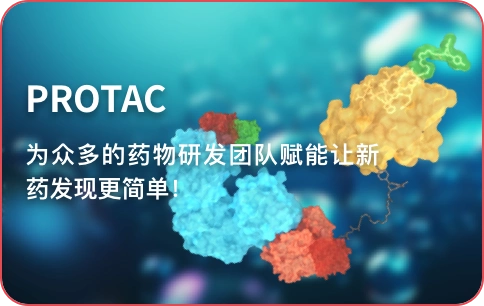
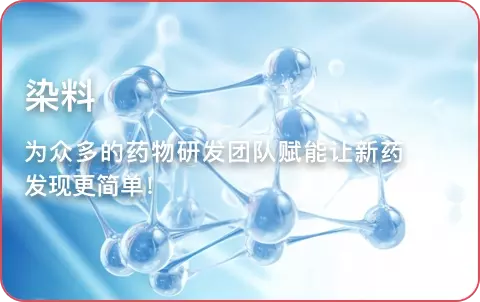






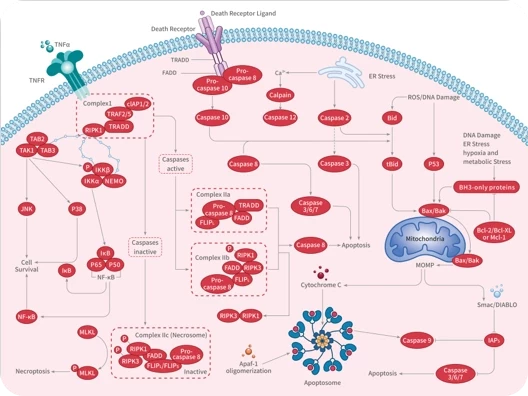
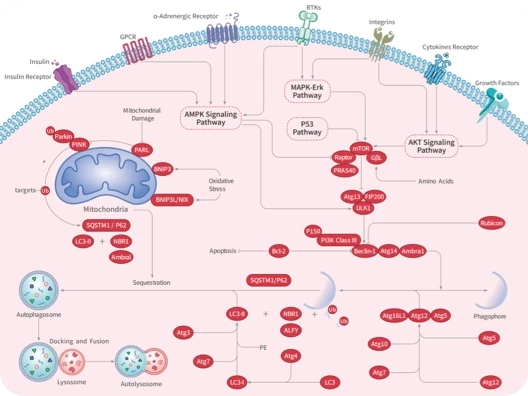

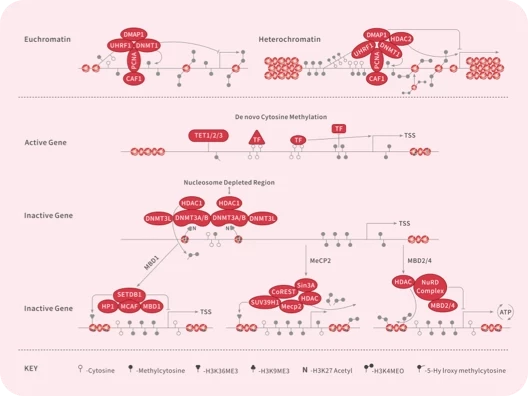
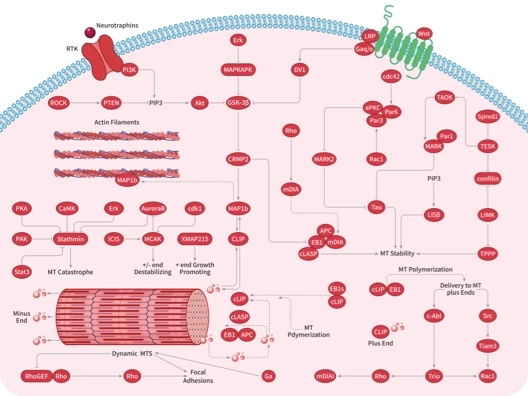
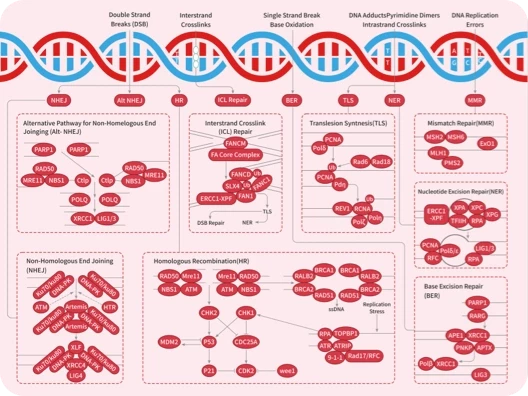
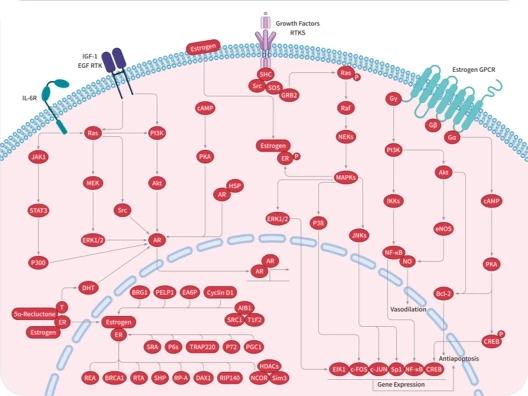
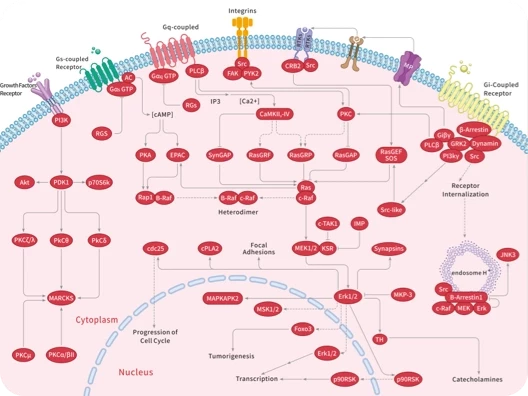
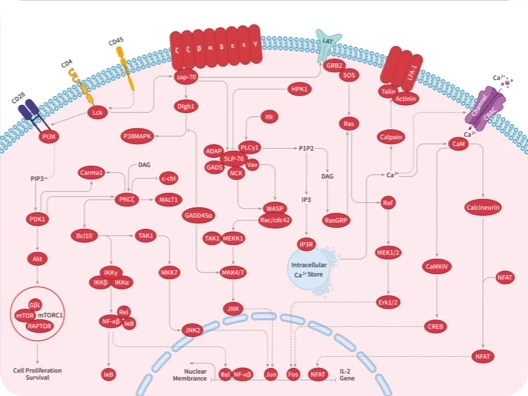
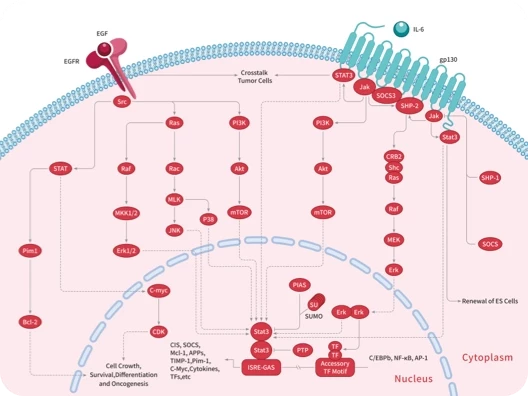
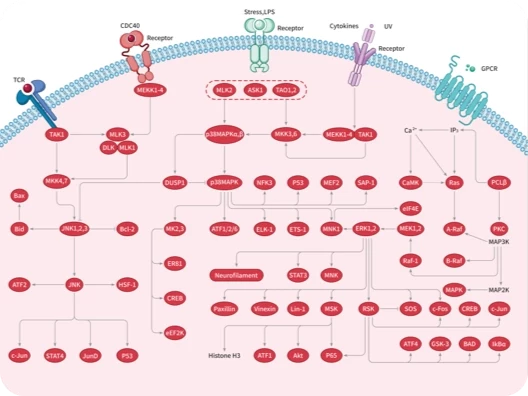
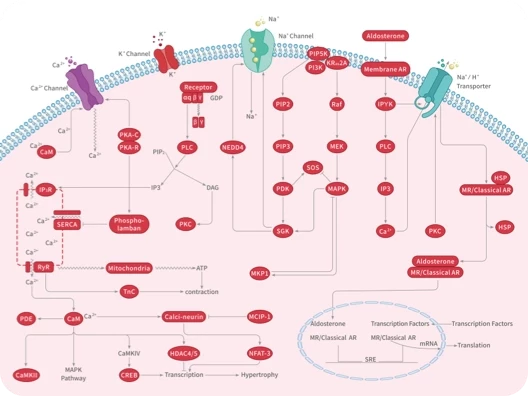
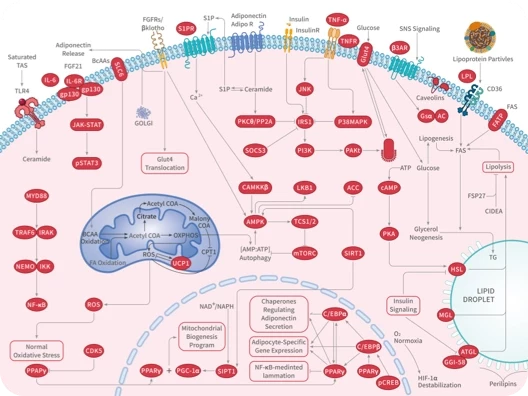
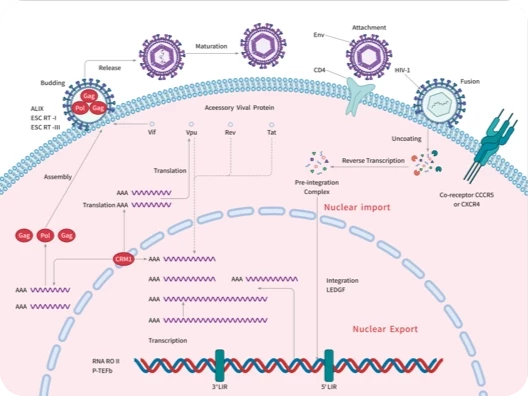

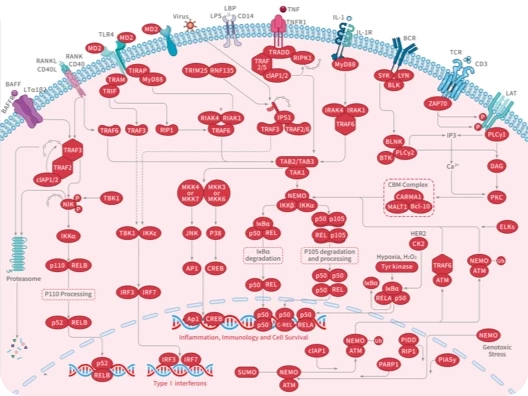
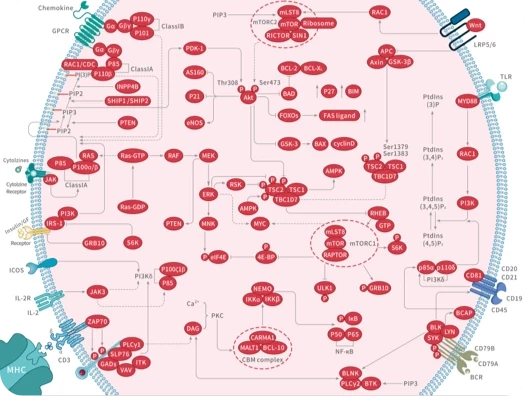
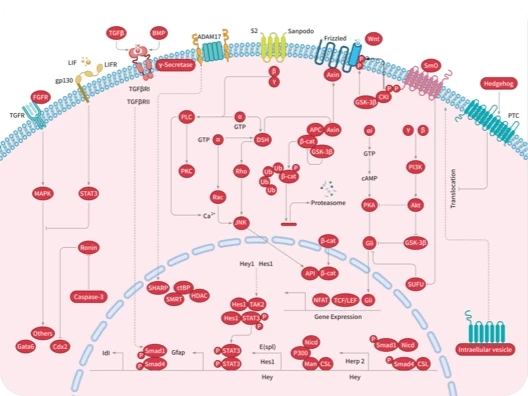
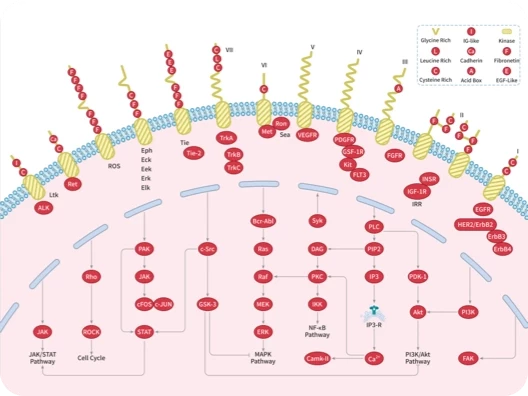
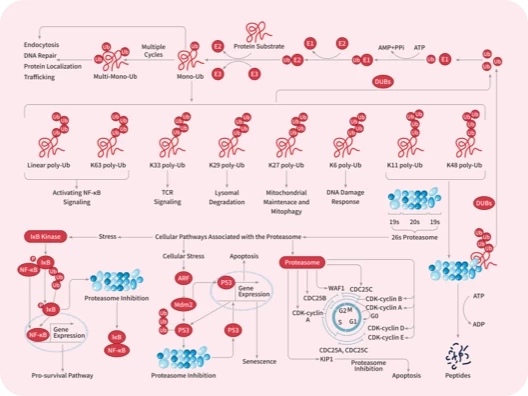

 |
|